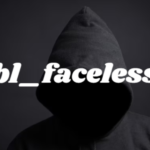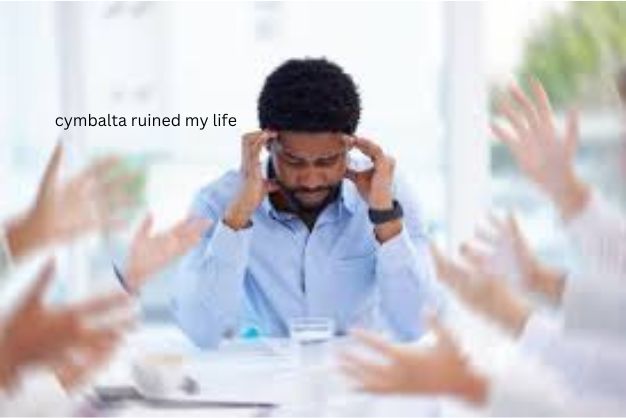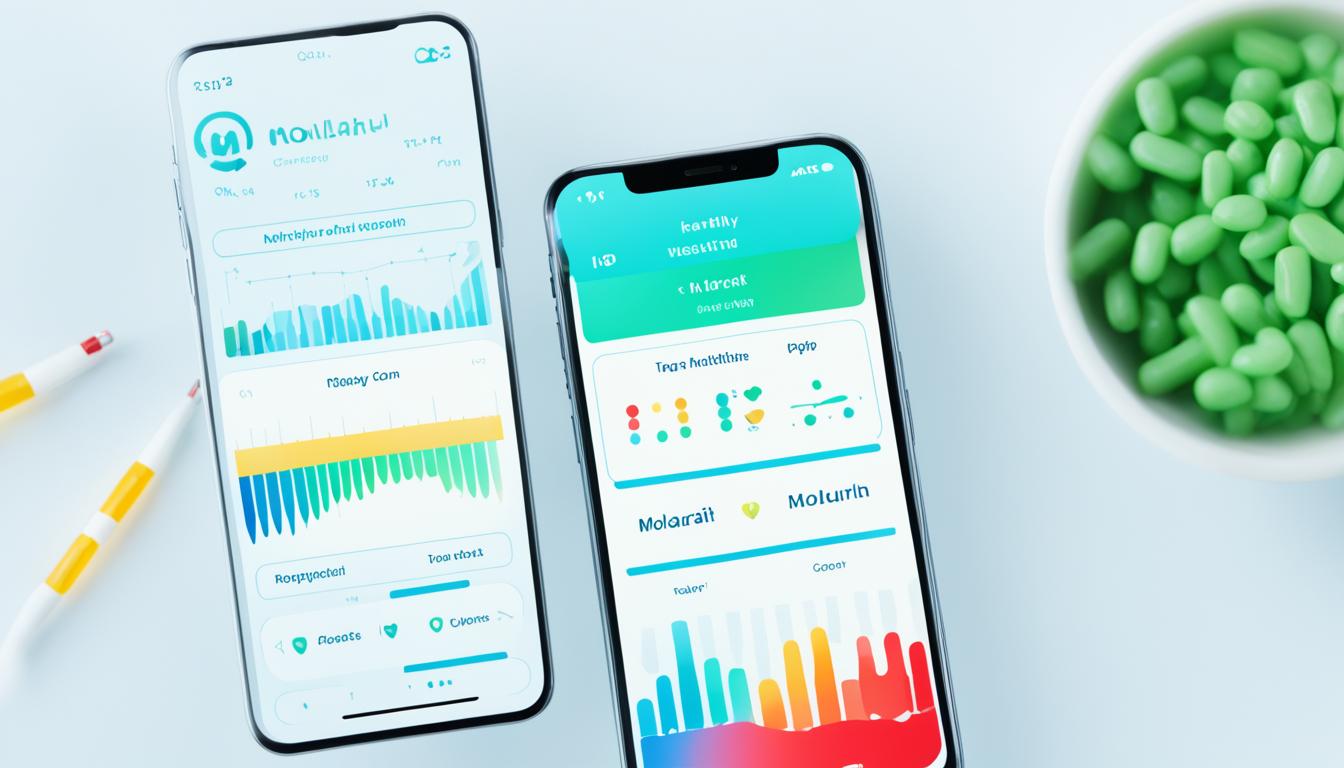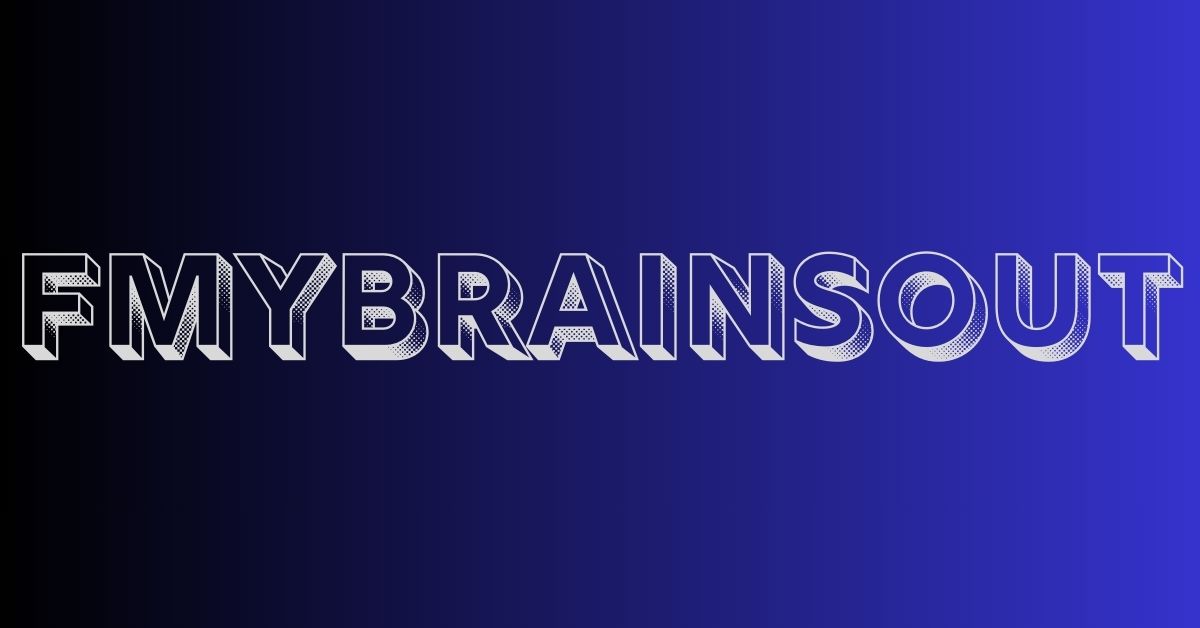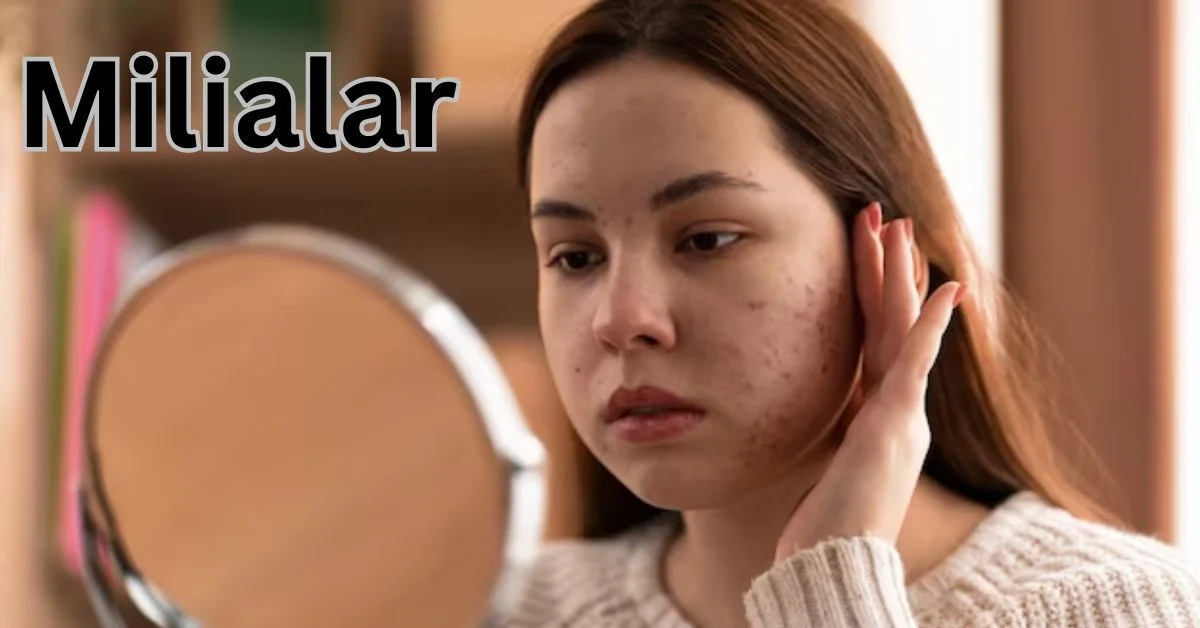cymbalta ruined my life has been hailed as a miracle drug for many, offering hope to those grappling with depression and anxiety. Its promises of relief can be enticing, especially when life feels heavy and unmanageable. But what happens when this supposed healing agent turns into something harmful? My journey with Cymbalta started like a ray of sunshine breaking through the clouds. I was optimistic and hopeful, ready to reclaim my life from the grips of mental illness. Little did I know that this very medication would lead me down a dark path I never saw coming—one that ultimately left me questioning everything about my health choices. Join me as I share how Cymbalta ruined my life in ways I could have never imagined.
Personal experience with Cymbalta and the initial positive effects
When I first started taking cymbalta ruined my life, the relief was palpable. The weight of anxiety and depression began to lift off my shoulders. It felt like a fog had cleared, revealing a brighter world.
I could finally engage with friends again without that nagging dread gnawing at me. Simple tasks became manageable. My productivity soared as old hobbies sparked joy once more.
Early on, I appreciated the newfound energy coursing through me. Mornings were no longer a battle; getting out of bed transformed from torture to something almost hopeful.
Those initial weeks seemed like magic—Cymbalta turned my life around in ways I never expected. Little did I know that this would soon morph into something entirely different and darker than anyone could foresee.
Slow decline into severe side effects and worsening mental health
As the months passed, I noticed subtle changes. What once felt like a lifeline began to suffocate me. Sleep became elusive; my dreams turned into nightmares.
The initial relief gave way to an overwhelming sense of despair. I was trapped in a cycle of anxiety and sadness that Cymbalta had promised to alleviate. Friends remarked on my withdrawal from life, but I brushed it off as stress.
Physical side effects crept in too—persistent nausea and unexplained fatigue dulled my senses. Tasks that were simple now felt monumental. Each day morphed into an exhausting battle against invisible foes.
I grappled with emotions I couldn’t identify, frustration mingling with hopelessness. My mind spiraled deeper while the world around me continued its relentless pace, leaving me feeling isolated and lost amidst the chaos Cymbalta created within me.
Realizations of Cymbalta’s negative impact on everyday life
As the days turned into months, I began to notice subtle shifts in my daily life. Things that once brought me joy felt muted and distant. Laughter with friends turned into forced smiles.
My motivation dwindled as fatigue settled in like an unwanted guest. Simple tasks became mountains to climb. The vibrant hues of my existence faded to shades of gray.
I found myself feeling detached, not only from others but from my own thoughts and emotions. Cymbalta cast a shadow over moments that should have been bright.
It was baffling how something meant to heal could instead warp reality so profoundly. Each day started blending into the next, leaving me questioning who I had become amidst this haze.
Reflecting on those changes made it clear: this drug wasn’t just altering my mood; it was reshaping every aspect of my life without warning or consent.
Struggles with tapering off and withdrawal symptoms
Tapering off Cymbalta felt like an uphill battle. Each step down on the dosage was accompanied by a wave of anxiety and uncertainty. My mind raced with what-ifs, amplifying every fear I had about withdrawal.
The physical symptoms were relentless. Dizziness became my unwelcome companion, while brain zaps jolted me awake at night. It was as if my body revolted against the very medication that once offered relief.
Emotionally, it was even tougher. I experienced mood swings that left me feeling trapped in my own head. One moment I’d be hopeful; the next, engulfed in despair.
Navigating daily life during this period took immense effort. Simple tasks felt monumental as fatigue set in and concentration slipped away. Friends who didn’t understand added to the loneliness, making support feel out of reach when I needed it most.
The dark side of pharmaceutical companies and their lack of transparency
Pharmaceutical companies wield incredible power in the healthcare landscape. Yet, their practices often remain shrouded in secrecy. This lack of transparency raises critical questions about drug safety and efficacy.
Marketing strategies frequently prioritize profit over patient well-being. Many consumers are unaware of the extensive lobbying efforts that influence regulations and policies. It’s unsettling to think that business interests may overshadow ethical considerations.
Moreover, clinical trial results can be selectively reported or buried entirely if they don’t align with desired outcomes. Patients like myself become unwitting participants in a system designed more for corporate gain than genuine healing.
The trust we place in these companies can feel misplaced when faced with hidden risks and inadequate warnings about side effects. As individuals seek help, it’s crucial to question what lies behind the glossy advertisements promising relief at any cost.
Seeking alternative methods for managing mental health without medication
Exploring alternatives to medication can be a liberating journey. Many individuals are turning to holistic approaches that nurture the mind and body.
Mindfulness practices, such as meditation and yoga, have gained popularity for good reason. These techniques promote relaxation and help manage anxiety without reliance on pills.
Nutritional choices play a significant role too. A balanced diet rich in omega-3 fatty acids, vitamins, and minerals can support mental well-being. Whole foods nourish both the body and brain.
Physical activity is another powerful tool. Regular exercise releases endorphins—natural mood lifters that combat feelings of depression or sadness.
Therapeutic modalities like art therapy or cognitive behavioral therapy offer creative outlets for expressing emotions while providing coping strategies. Connecting with others through support groups fosters community understanding.
Incorporating these methods into daily life may provide the balance many seek amid their struggles with mental health challenges.
Conclusion:
cymbalta ruined my life was once seen as a beacon of hope, promising relief from the shadows of depression and anxiety. My journey began with optimism as I experienced initial positive effects that seemed to offer a new lease on life. However, this fleeting happiness quickly transformed into a nightmare.
As time went on, the very medication meant to heal me became my worst enemy. The severe side effects crept in slowly but surely, undermining my mental health even further. Days turned into weeks filled with confusion and despair; I realized Cymbalta’s grip had tightened around me like an unyielding chain.
The negative impact on my everyday life was undeniable. Simple tasks became monumental challenges when weighed down by fatigue and emotional instability. What started as a quest for healing spiraled into chaos, leaving me questioning my choices and the motivations behind them.
Tapering off Cymbalta presented its own set of hurdles—withdrawal symptoms were relentless and disheartening. Each attempt felt like climbing an insurmountable mountain while grappling with feelings of inadequacy and fear.
It became glaringly apparent that pharmaceutical companies often prioritize profit over patient welfare. Transparency is sorely lacking in discussions about potential harm versus benefit—a reality many find themselves confronting only after it’s too late.
Through it all, I sought alternative methods for managing mental health without reliance on medication. Mindfulness practices, therapy sessions focused on holistic approaches, and lifestyle changes have been vital steps toward reclaiming my sense of self.
My experience serves not just as a cautionary tale but also as motivation for those navigating similar struggles: there are paths beyond conventional treatments that may align better with individual needs.
Healing should empower us—not hinder our lives or strip away our autonomy.




